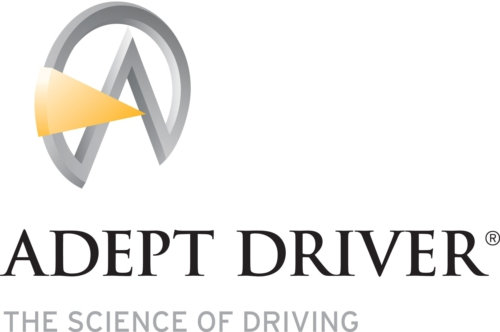

ADEPT Driver, a California company that develops proven crash reduction programs, released a new research summary on the risk of hands-free texting while driving. ADEPT’s research review looks at 36 studies on distracted driving, texting while driving, and hands-free texting while driving, including new research conducted by the Texas A&M Transportation Institute (TTI). The TTI study released this week adds weight to an already significant body of research finding hands-free texting while driving unsafe.
Findings Highlight Need for California Law to Ban Voice-Activated Texting While Driving.
“We did a thorough review of the available research and consistently found evidence that hands-free texting while driving is just as risky, if not riskier, than using a hand-held device to text while behind the wheel,” said Dr. Richard Harkness, a traffic safety expert and CEO of ADEPT Driver.Based on the performance of 43 research participants driving an actual vehicle on a closed course, the TTI analysis compared drivers’ performance in an actual driving environment while texting hands-free, texting manually on a handheld device, and driving without any texting activity.
The TTI study found:
Driver response times were significantly delayed whether they were texting manually or texting hands-free. In each case, drivers took about twice as long to react as they did when they weren’t texting. With slower reaction times, drivers are less able to take action in response to sudden roadway hazards, such as a swerving vehicle or a pedestrian in the street.
The amount of time drivers spent looking at the roadway ahead was significantly less when they were texting, no matter which texting method was used.
For most tasks, manual texting required slightly less time than the voice-to-text method, but driver performance was roughly the same with both.“As transportation and traffic safety experts share research on the use of new voice-to-text technology in cars there is growing awareness about just how dangerous it is to drive while texting hands-free,” said Dr. Harkness. “Auto manufacturers recognize the risk of texting while driving, so we applaud those that install technology to disable the texting function when car wheels are moving. We also commend cell phone providers for spending millions to promote ‘texting can wait’ campaigns. April is national Distracted Driving Awareness Month. It is time for California to join the chorus of corporate and safety advocacy organizations calling for improved roadway safety by passing AB 313 to ban hands-free texting while driving.”
AB 313, authored by California Assemblymember Jim Frazier (D-Oakley), would rescind a law passed last year that specifically exempted hands-free voice-activated texting while driving from a state ban on hand-held texting while operating a vehicle.
AB 313 was approved by the California Assembly Transportation Committee last week and is scheduled to be heard in the Assembly Appropriations Committee on May 1st.
